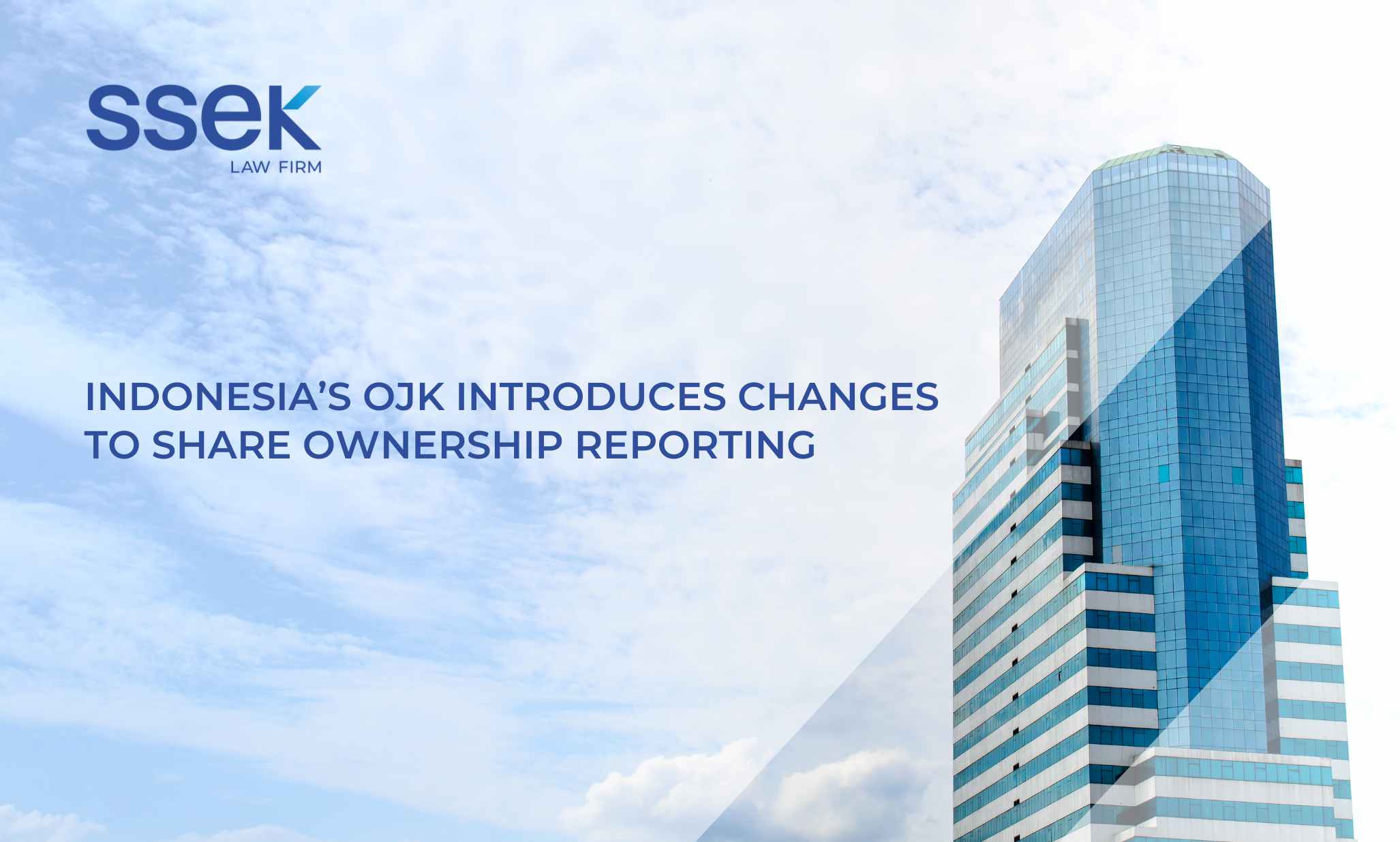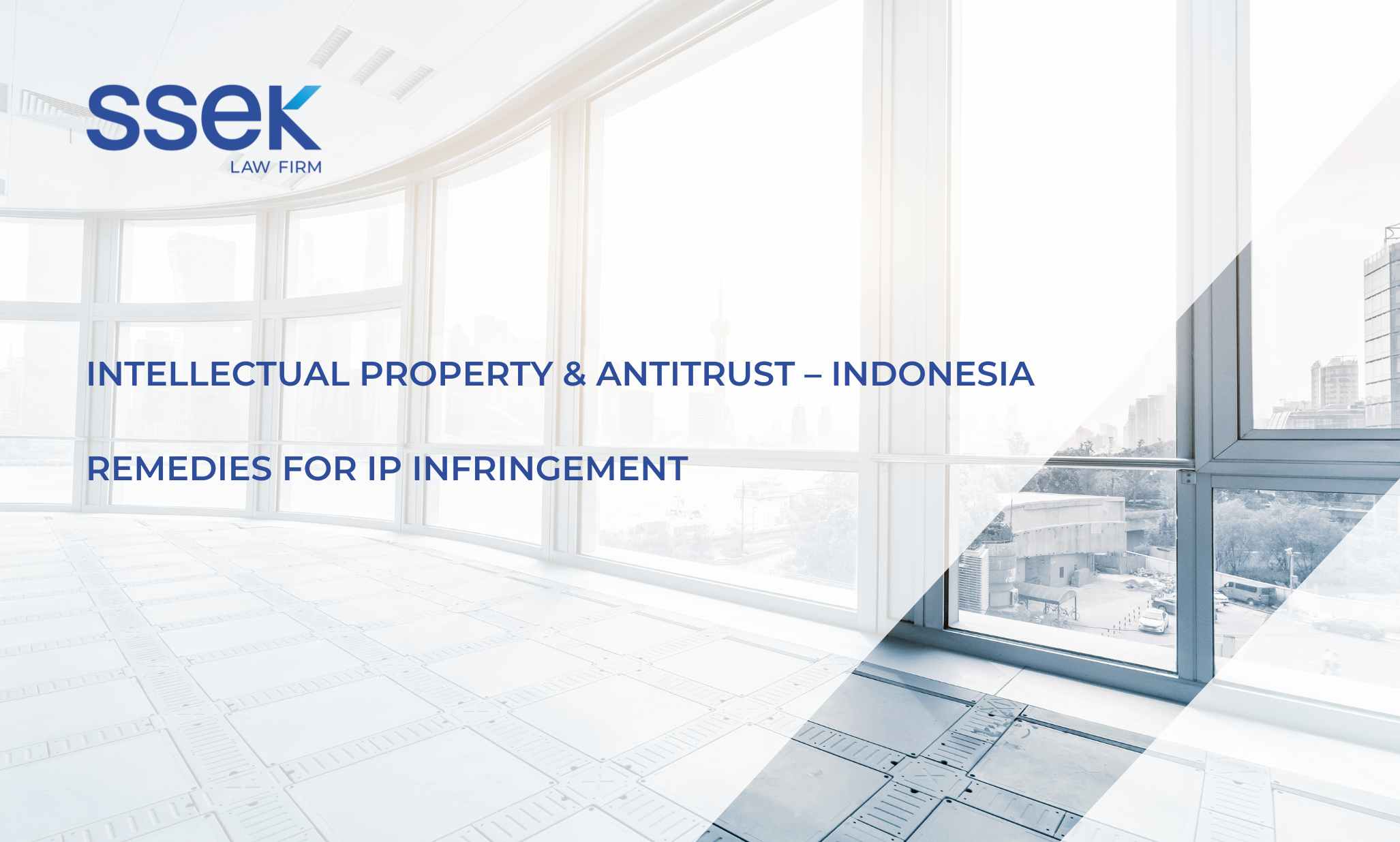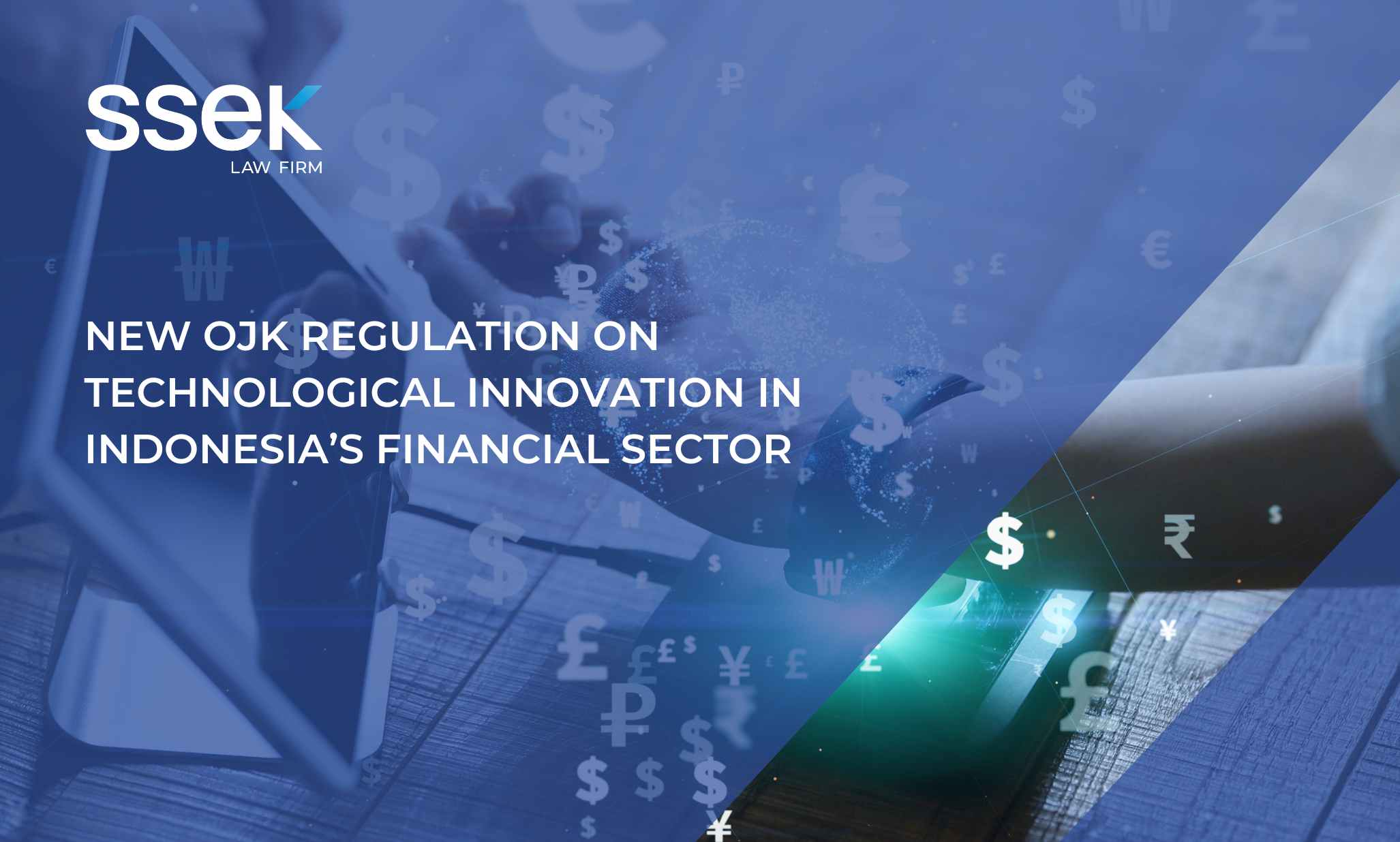

A new Government Regulation set to come into force on April 1, 2021, will introduce several changes that we view are meant to simplify the process for hiring expatriate workers in Indonesia and in turn attract greater investment into the country.
The new regulation is Government Regulation No. 34 of 2021 regarding the Utilization of Foreign Workers ("GR 34/2021"). It follows the enactment of Law No. 11 of 2020 regarding Job Creation (the "Job Creation Law"), which amended several previously applicable provisions on the utilization of foreign workers in Indonesia as regulated under Law No. 13 of 2003 regarding Manpower (the "Manpower Law").
GR 34/2021 will revoke Presidential Regulation No. 20 of 2018 upon its promulgation.
While the principal provisions relating to the utilization of foreign workers under the current laws and regulations remain in force, GR 34/2021 does introduce some significant changes, which we highlight here.
Change in Work Permit Application Procedure
GR 34/2021 introduces a significant change to the expatriate work permit application process, removing the Notification (Notifikasi) application from the process. Previously, employers were required to obtain a Foreign Worker Utilization Plan (Rencana Penggunaan Tenaga Kerja Asing or "RPTKA") and a Notification approved and issued by the Minister of Manpower ("MOM") prior to employing foreign workers. Now, GR 34/2021 removes the Notification requirement and adds one new step, the RPTKA appropriateness assessment ("RPTKA Assessment"). During the RPTKA Assessment, the MOM will determine within two business days whether the submitted information and documents are correct and complete.
The documents submitted for the RPTKA Assessment are mostly the occupation-related documents previously required for RPTKA applications under MOM Regulation No. 10 of 2018 ("MOM Reg 10/2018").
Either simultaneously with the submission of the RPTKA Assessment documents or once the MOM issues the RPTKA Assessment result, applicants are required to submit personal information and documents of the foreign workers, similar to those required for the Notification application under MOM Reg 10/2018. These documents and personal information will be verified by the MOM within no more than two business days.
Upon verification and the payment of the Foreign Worker Utilization Compensation Fund (Dana Kompensasi Penggunaan Tenaga Kerja Asing or "DKP-TKA") by the applicant, the MOM will issue the RPTKA Approval (Pengesahan RPTKA).
Security for Work Accident
Article 8(2) of GR 34/2021 provides that the insurance program for foreigners who work in Indonesia for less than six months shall at least cover work accident security. This provision did not exist in previously applicable regulations.
Restriction on Dual Positions in One Company
GR 34/2021 now clearly regulates that employers may not hire a foreign worker to occupy two different positions in a single company. Although this restriction has long been implemented in practice, it was not explicitly stated in any of the existing regulations.
RPTKA Approval Requirement for Government Agencies, International Bodies and Foreign State Representatives
Based on MOM Reg 10/2018, government agencies, international bodies and foreign state representatives that plan to hire foreign workers to work in Indonesia are not required to apply for an RPTKA. According to GR 34/2021, however, they will be required to obtain an RPTKA Approval prior to employing foreign workers, though they are exempted from the RPTKA Assessment process.
Easier Licensing for Tech-Based Startups
With the purpose of boosting investment growth in Indonesia, the Government has eased the foreign worker employment licensing process for tech-based startups by waiving the requirement that such businesses obtain an RPTKA before hiring foreigners. This exemption lasts no more than three months, after which the startups must apply for an RPTKA Approval for their foreign workers.
Additional Documents for RPTKA Approval Application
GR 34/2021 clarifies the documents required for the RPTKA Approval application. Previously, in practice, applicants were required to upload to the MOM's TKA Online system the employer's Deed of Establishment and Articles of Association, a Business Registration Number (Nomor Induk Berusaha or "NIB"), and a Mandatory Manpower Report (Wajib Lapor Ketenagakerjaan or "WLK"), although such documents were not required by the applicable regulations at the time. Now, GR 34/2021 clearly states the requirement to submit these documents when applying for RPTKA Approval.
DKP-TKA Payment as Requirement for RPTKA Approval
While previously the payment of DKP-TKA had to be made after the obtainment of the RPTKA and Notification (Notifikasi), under GR 34/2021 the payment will be made prior to the issuance of the RPTKA Approval.
New Types of RPTKA and Extension Period
GR 34/2021 introduces three new types of RPTKA, namely (i) Over 6 Months, (ii) Non-DKP-TKA, and Special Economic Zone (Kawasan Ekonomi Khusus or "SEZ"). The Over 6 Months and Non-DKP-TKA RPTKAs are granted for no longer than two years and are extendable, while the SEZ RPTKA is granted for no longer than five years and is also extendable. The SEZ RPTKA for company Directors and Commissioners may be granted for a period as needed by the employer.
Further, once GR 34/2021 comes into force, an Emergency RPTKA will no longer exist, as foreigners who need to work in Indonesia on an emergency basis may simply apply for the relevant visa available for urgent/emergency matters.
GR 34/2021 provides that an RPTKA must be extended at least 30 days prior to its expiration. Over 6 Months and Non-DKP-TKA RPTKAs can be extended for no more than two years, while the SEZ RPTKA can be extended for up to five years.
RPTKA Approval as Basis for Stay Permit Issuance
Different from the prior regime, GR 34/2021 mandates that the approved RPTKA will directly serve as a basis for the issuance of a work visa and stay permit. Therefore, a Notification (Notifikasi) is no longer the underlying document for the issuance of a work visa and stay permit.
Chief Representative Office Exempted from Certain Obligations
Under GR 34/2021, a Chief of Representative Office is released from the obligation (i) to appoint an Indonesian Co-Laborer (TKI Pendamping) for knowledge and technology transfer purposes and (ii) to provide work education and training for the Indonesian Co-Laborer.
Annual Reporting Obligation
Employers in Indonesia will be required to submit an annual report to the MOM on their employment of foreign workers. The report will cover the implementation of (i) foreign workers employment, (ii) the education and training of Indonesian Co-Workers, and (iii) knowledge and technology transfer from foreign workers to Indonesian Co-Workers. Employers must also submit a report to the MOM when completing or terminating the employment relationship with their foreign workers.
Administrative Sanctions
GR 34/2021 introduces a new administrative sanction in the form of a fine on employers that fail to employ foreign workers with a proper work permit (the Approved RPTKA). The fine will be in the amount of six million Rupiah per worker per month, up to a maximum of six months from the first day the workers entered Indonesia. The fine must be paid by the employer no later than two weeks from the official imposition.
The above information is subject to clarification from the relevant institutions.
This publication is intended for informational purposes only and does not constitute legal advice. Any reliance on the material contained herein is at the user's own risk. All SSEK publications are copyrighted and may not be reproduced without the express written consent of SSEK.









